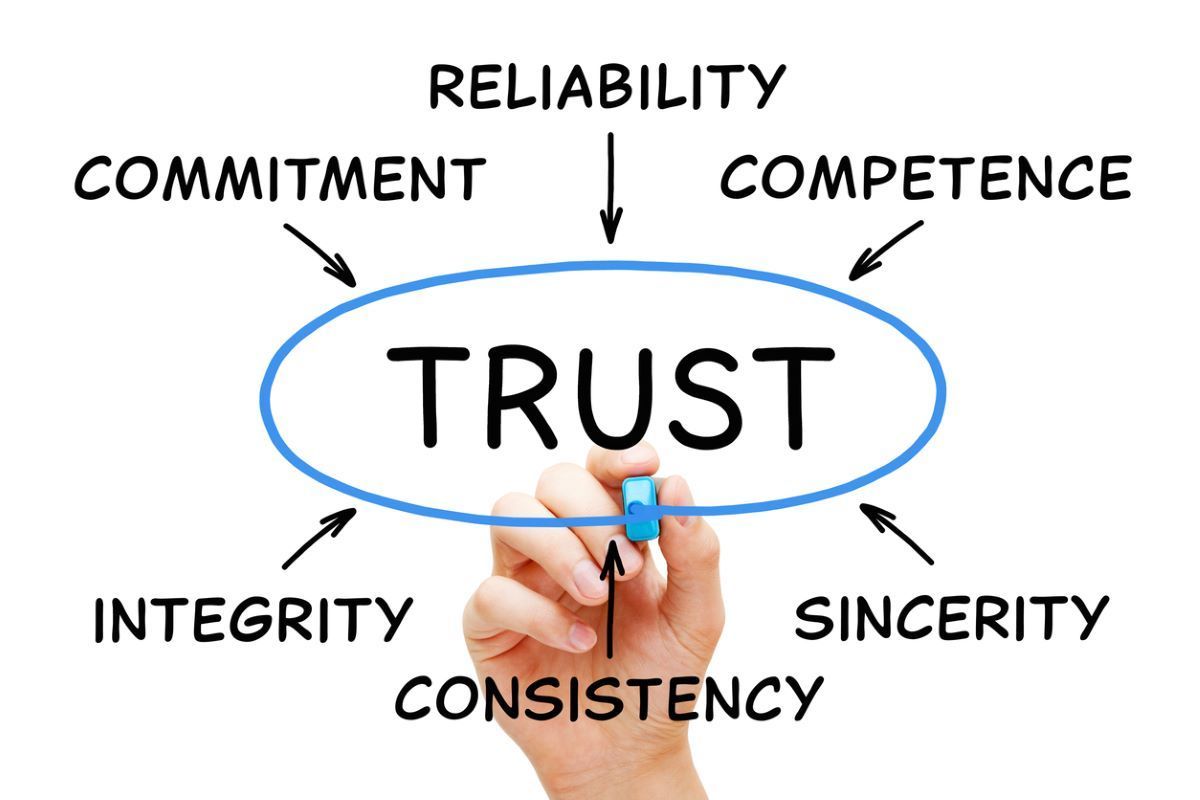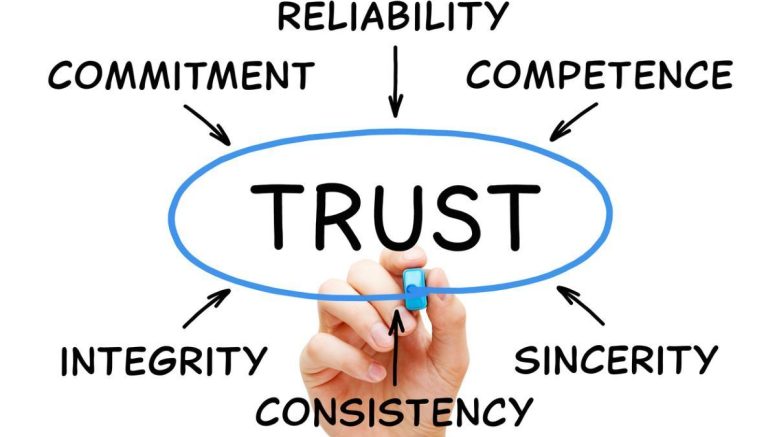Published on June 24, 2024, 12:40 am

Image source: Fox News
- Array
In the sphere of religion and faith, trust is a highly esteemed virtue. The bedrock of healthy church culture lies in pastors placing their faith in their congregations and vice versa for God’s mission. Sustaining this bond of trust is crucial to maintain harmony within the Christian community.
Trust burgeons from reliable, truthful characters who inspire confidence with their actions. The skillet to being trustworthy involves a steadfast adherence to honesty when dealing with others. Mistrust often festers in an environment filled with unreliability, dishonesty or betrayal. When it comes to churches, disciplining may be necessary if these toxic elements infiltrate the sanctity.
However, sometimes mistrust may exist for reasons that aren’t inherently negative per se. This could be due to perhaps underlying fears or misconceptions held by pastors about members of their congregation. Ill-founded distrust can yield negative implications on relationships within the church community.
As a religious leader guiding flocks through spiritual journeys, dilemmas arise when you question the reliability of someone within your church circles. With time the truth does ventilate and in such instances where immediate realization isn’t plausible, how should pastors manage the situation?
Firstly, makes a clear identification of what feeds your mistrust; don’t conclude that trust has strict binary tendencies—you either do or do not trust someone completely. Research proves otherwise as it lays down three pillars driving trust—competency, constancy and character. You might hold doubts about a person’s skills yet place full confidence in his/her integrity.
Swaying towards micromanagement out of fear is also something pastors should resist against ensnaring themselves into; Such tactics might birth seeds of misunderstanding in those being closely scrutinized.
Next step would involve giving someone relatively less important tasks that could help them establish faith among fellow congregants and leaders alike; Pastors’ preconceived notions shouldn’t impose undue burden on others probing their dependability without substantive evidence.
Additionally, setting clear expectation and guidelines curtails the occurrence of ambiguities. People showing respect towards established boundaries earn appreciation as trustworthy individuals.
Lastly, pastors must lead by example. They need to display trust in their actions in order for the congregation to reciprocate. Developing an open line of communication also bridges the gaps of mistrust between the two intertwined parties.
Trust remains an invaluable cornerstone within communal relationships especially within a church environment. While it might be a challenging task to lead when trust is absent, strategic application of empathetic and logical steps can result into fostering greater understanding and trust amidst all members of the religious community.
The general idea further falls into context with real news affecting Christian worldview by illuminating trusted ways for healthy co-existence and spiritual growth within congregations across different churches worldwide.
Original article posted by Fox News

Be the first to comment on "“Building and Sustaining Trust: The Role of Pastors in Fostering Harmonious Church Communities”"